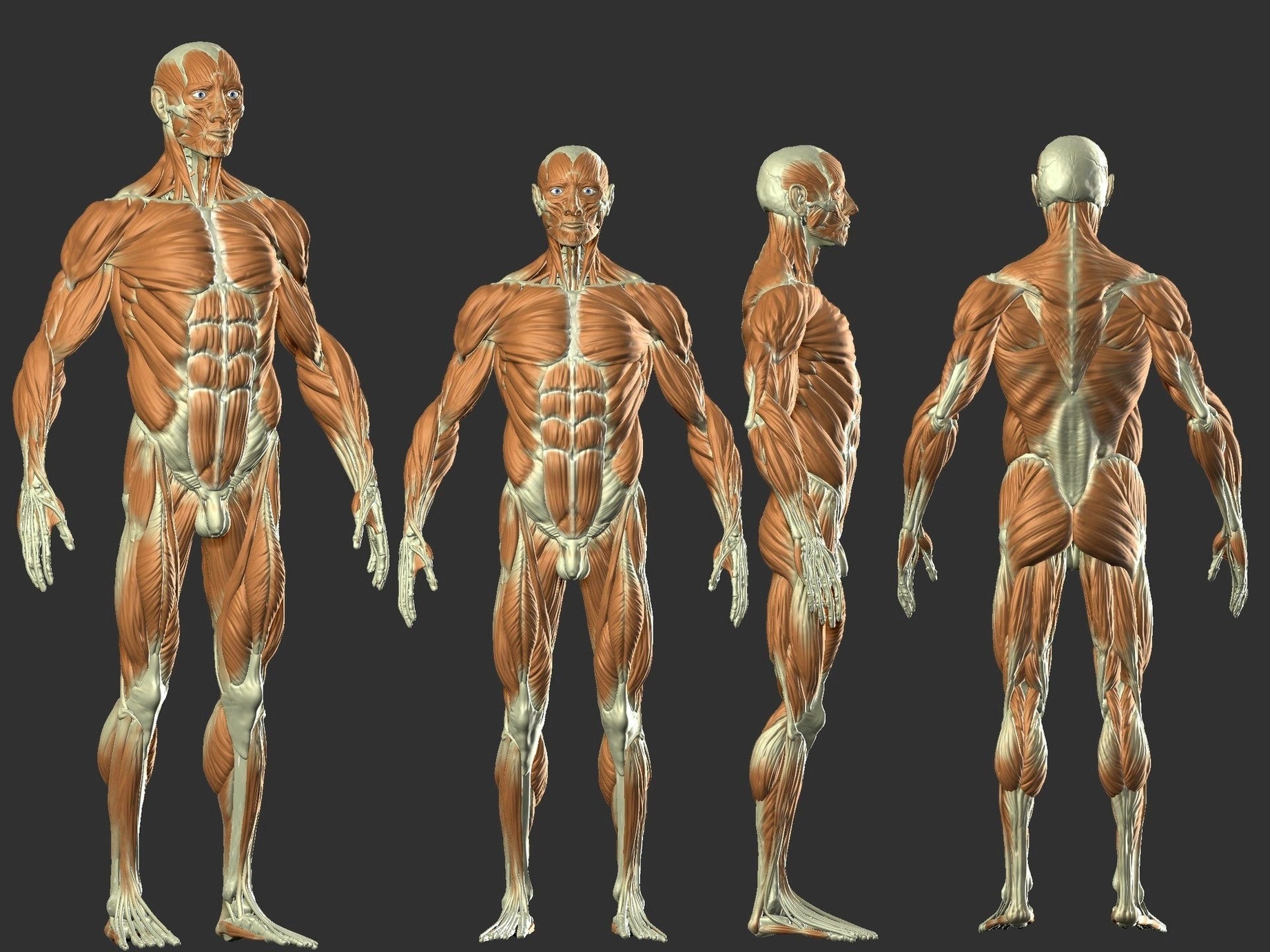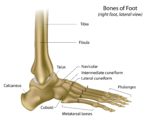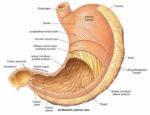The Hamstring Muscles are a group of three muscles located in the posterior compartment of the thigh. These muscles include the Semitendinosus, Semimembranosus, and Biceps Femoris.
emitendinosus
– Origin: The lower medial facet of the lateral section of the ischial tuberosity.
– Insertion: A vertical line on the medial surface of the medial condyle of the tibia just behind the insertion of sartorius and behind and below the attachment of gracilis.
– Nerve: Tibial division of the sciatic nerve (L5, S1 and 2).
– Function: Hip extension, Knee flexion, Internal rotation of lower leg when the knee is flexed.
emimembranosus
– Origin: The upper lateral facet on the ischial tuberosity.
– Insertion: A horizontal groove on the posteromedial surface of the medial tibial condyle.
– Nerve: Tibial division of the sciatic nerve (L5, S1 and 2).
– Function: Hip extension, Knee flexion, Internal rotation of lower leg when the knee is flexed.
Biceps Femoris – Long Head
– Origin: The lower medial facet on the ischial tuberosity with the tendon of semitendinosus, spreading onto the sacrotuberous ligament.
– Insertion: The head of the fibular, the lateral tibial condyle and the posterior aspect of the lateral intermuscular septum.
– Nerve: Tibial division of the sciatic nerve (L5, S1 and 2).
– Function: Knee flexion, Hip extension, External rotation of lower leg when knee slightly flexed, Assist in external rotation of the thigh when hip extended.
Biceps Femoris Short Head
– Origin: The lower half of the lateral lip of the linea aspera.
– Insertion: The head of the fibular, the lateral tibial condyle and the posterior aspect of the lateral intermuscular septum.
– Nerve: The common peroneal division of the sciatic nerve (L5, S1 and 2).
– Function: Knee flexion, External rotation of lower leg when knee slightly flexed.
The primary function of the hamstrings is to flex the knee joint and extend the hip, enabling some of the essential lower limb activities such as walking, running, and climbing. The hamstrings have an important stabilizing function as well; they are inactive when the bodyweight is equally distributed between both lower limbs in a standing position. However, when a person starts tilting forward, these muscles activate and counteract the tilting movement in order to stabilize the hip joint and prevent falling. Also, due to the location of their insertions, the hamstrings act together with the collateral ligaments to stabilize the knee joint..



